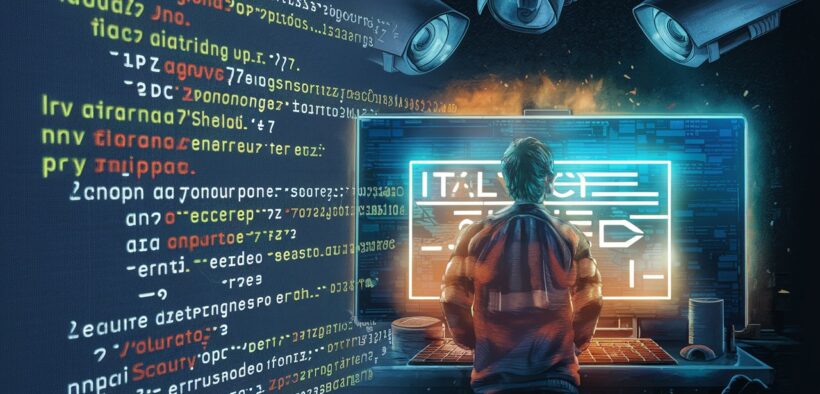Privacy Shield Under Scrutiny: Leaked Code Raises Security and Censorship Questions
Share

A recent security incident has exposed vulnerabilities in the ongoing battle against online piracy. The source code and internal documentation for Privacy Shield, an anti-piracy platform developed by SP Tech Legal for the Italian Communications Regulatory Authority (AGCOM), have been leaked on the code-sharing platform GitHub. This unprecedented breach raises significant concerns beyond the platform’s technical security.
Unveiling the Architecture of a Controversial System
The leak reportedly comprises nine repositories containing a comprehensive overview of the Privacy Shield platform. This includes the front-end design, data models for information organization, storage solutions for user data and system files, the underlying file system structure, the programmatic interface (API) for application interaction, and internal documentation detailing the platform’s development and operation. This trove of information offers an unparalleled view into the technical architecture of a system that has been mired in controversy for its methods of tackling online copyright infringement.
Attribution and Concerns Regarding Censorship Disguised as Anti-Piracy
Cybersecurity expert HackManac first discovered the leaked information on a GitHub repository, which has become a popular platform for activists and researchers examining Privacy Shield’s anti-piracy approach. HackManac’s discovery extends beyond a simple security breach; it raises concerns about the platform’s potential for censorship.
HackManac argues that Privacy Shield, far from being an effective anti-piracy tool, poses a “dangerous gateway to censorship.” This sentiment resonates with digital rights advocates who warn that unchecked power to block websites and IP addresses can lead to the suppression of legitimate online activity. The fear is that such a system could inadvertently, or even intentionally, censor content under the guise of anti-piracy measures, potentially violating freedom of expression and access to information. The lack of transparency and public oversight surrounding the implementation of such systems further amplifies these concerns.
Verification and a Catalyst for Debate
The authenticity of the leaked materials remains unconfirmed at this time. Independent experts and the involved entities, AGCOM and SP Tech Legal, have yet to verify the claims. However, the leak has sparked a critical debate on the effectiveness and ethical implications of current anti-piracy measures.
This incident underscores the delicate balance required between protecting intellectual property rights and upholding the principles of a free and open internet. While copyright infringement can have a significant financial impact on creators and copyright holders, heavy-handed anti-piracy measures can stifle creativity and online innovation.
Potential Impact on Future Anti-Piracy Initiatives
The exposure of Privacy Shield’s inner workings could have a profound impact on how online piracy is addressed in the future. It may prompt a reevaluation of current strategies and the development of more nuanced approaches that respect digital rights while effectively mitigating copyright infringement. For instance, focusing on disrupting the distribution of pirated content rather than blocking access to entire websites could be a more balanced approach.
The leak could also lead to a broader discussion on the need for greater accountability and transparency from governments and private entities deploying digital tools to tackle piracy. These discussions should involve all stakeholders, including the public, to ensure that the rules governing the digital landscape are fair and effective.
A Pivotal Moment for Digital Rights Discourse
The leak of Privacy Shield’s source code represents a pivotal moment for the discourse surrounding digital rights and anti-piracy efforts. It compels us to critically examine the methods used to combat piracy and the potential consequences for online freedom of expression. As the situation unfolds, it will be crucial to monitor the responses of AGCOM, SP Tech Legal, and the digital rights community to fully grasp the ramifications of this event. This incident can serve as a catalyst for developing a more balanced and ethical approach to protecting intellectual property rights in the digital age.



I had some doubts after reading the article.
Thanks for sharing. I read many of your blog posts, cool, your blog is very good.
Your point of view caught my eye and was very interesting. Thanks. I have a question for you.